Stay Informed
Popular Articles
- Hiatal Hernia: Hidden Cause of Chronic Illness
- Small Intestinal Bacterial Overgrowth (SIBO)
- Applied Lymphology: Unlocking the Secret to Pain Relief
- An Introduction to Constitutional Iridology
- The Low Down on Liver Detoxification
- An Energetic and Emotional Approach to Cancer
- Fat Facts
- Marrow in the Bones
- Blood Type and Nutrition
- Cardiac Herbs: Beyond Hawthorn
Quick Search
The School of Modern Herbal Medicine




Breaking Free: Natural Tools for Overcoming Addictions
- 5/11/2015
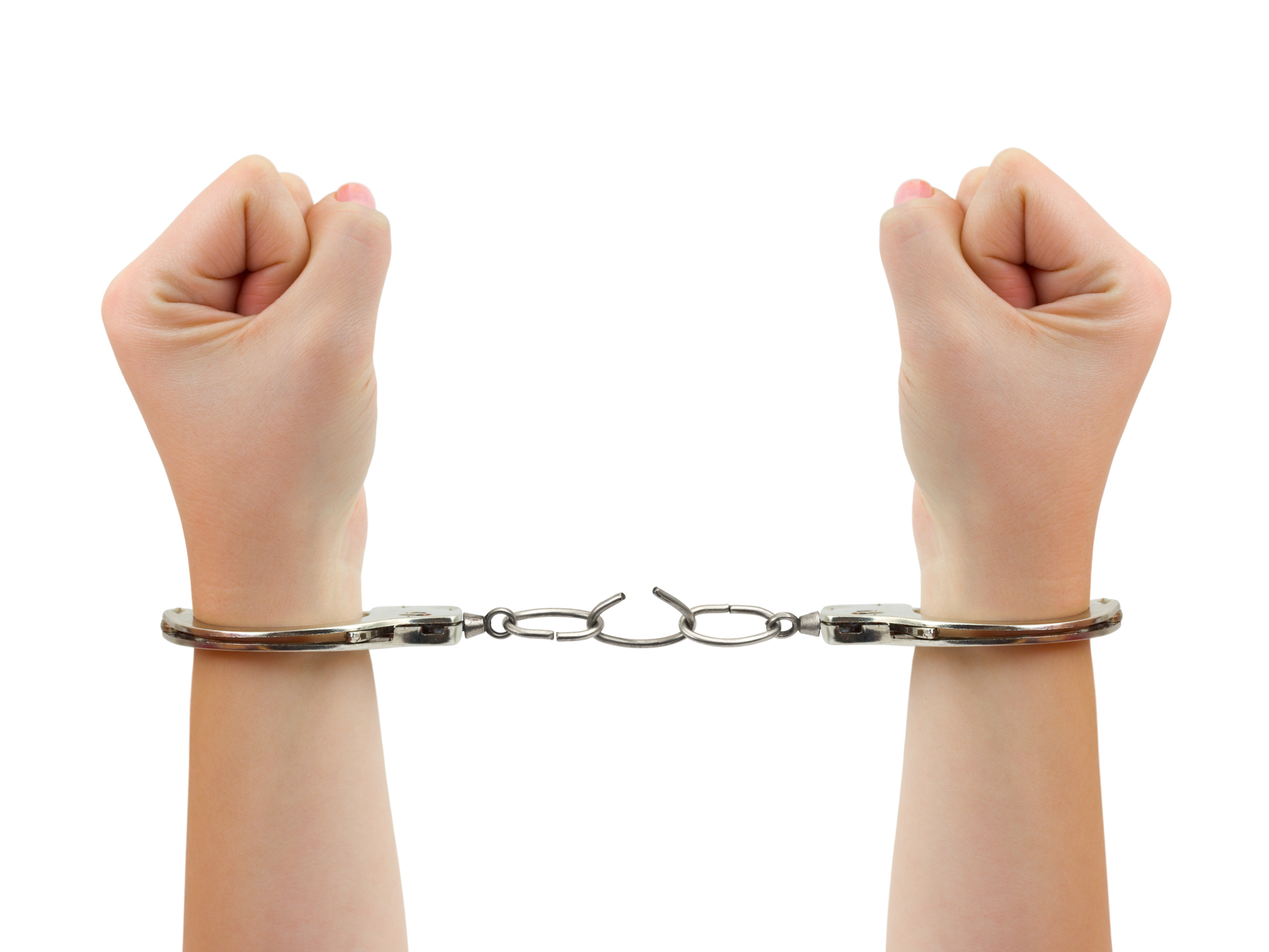 When most people think of addiction, they immediately think of serious addictions to substances like drugs and alcohol. Historically, in fact, addiction has been defined as a physical dependence on psychoactive substances such as alcohol, tobacco, opiates and other drugs. However, the definition of addiction has been expanded to include psychological dependency on things such as pornography, sex, comfort foods, gambling, Internet surfing, gaming, social media, watching TV, shopping, work, exercise, etc. Simply put, when we can’t stop a behavior that is damaging to ourselves and others, it is addictive.
When most people think of addiction, they immediately think of serious addictions to substances like drugs and alcohol. Historically, in fact, addiction has been defined as a physical dependence on psychoactive substances such as alcohol, tobacco, opiates and other drugs. However, the definition of addiction has been expanded to include psychological dependency on things such as pornography, sex, comfort foods, gambling, Internet surfing, gaming, social media, watching TV, shopping, work, exercise, etc. Simply put, when we can’t stop a behavior that is damaging to ourselves and others, it is addictive.
The American Society of Addiction Medicine has described addiction as “a primary, chronic disease of brain reward, motivation, memory and related circuitry.” Or simply, addiction occurs when there is a compulsive or habitual need to repeat an experience in order to try and feel good. The addiction may be mild or severe, socially acceptable or unacceptable.
Are You Addicted?
Addiction isn’t something that’s limited to the use of illegal drugs. In fact, many forms of addiction are socially acceptable. The most common addiction is the addiction to caffeine. More than 90% of Americans consume caffeinated beverages daily and go through severe withdrawal symptoms if they don’t get their daily dose of caffeine. If you have a hard time waking up and getting through the day without a cup of coffee, caffeinated soda or an energy drink, you’re probably addicted to caffeine.
Two other commonly used substances in North America that are highly addictive are tobacco and alcohol. But, even if you don’t use caffeine, tobacco or alcohol, what about food? Roughly 70% of the American people today are overweight, and many of us are driven by a need to eat for comfort and pleasure—two classic motivations in addictive behavior. In fact, the addiction to sugar is probably greater than the addiction to caffeine. And, if you don’t think sugar is addictive, just try giving it up cold turkey and see what withdrawal symptoms you experience.
Finally, people may seek prescription drugs in an effort to feel better. If they become addicted to these medications, people have been known to resort to “borrowing” other people’s prescriptions, getting multiple prescriptions from different doctors, falsifying prescriptions, or even stealing prescription drugs.
A Growing Problem
With all the stresses in our modern world, including economic struggles, threats to security and uncertainty about the future, many people seek to quell the stress they feel through addictive behaviors. Thus, addiction is very widespread in our culture.
With serious addictions, professional help is generally needed. This may come in the form of voluntary 12-Step programs, group therapy, one-on-one therapy, or drug rehabilitation programs. In addition to these professional programs, however, there are many natural tools that can help a person to overcome addiction. Improved diet and nutrition, herbs and other supplements, detoxification, flower essences and other natural healing modalities can be helpful in turning the tide of addiction.
The Anatomy of Addiction
Addiction is rooted in the need everyone has to feel good. People become addicted to substances or behaviors because they stimulate the release of neurotransmitters in the brain and nervous system that make us feel good, such as dopamine, endorphin, epinephrine and serotonin. Addictive substances usually mimic or trigger the release of these chemicals—all of which elevate mood and help us feel good. As the body becomes accustomed to these external stimuli, it starts losing the ability to generate these feel-good neurotransmitters without them and a person becomes addicted. Once an addiction is established, it is hard to break.
In ancient Greek culture, moderation was encouraged and excess was discouraged. Moderation is the key, today more than ever, but it is easier said than done. Addiction is a dilemma deeply rooted in human nature: our need for ritual, our love of pleasure, and our insatiable cravings.
One of the most fascinating insights modern psychology has discovered is that our insatiable cravings (addictions) are often driven by lingering emotional pain from past wounds. If we can heal those wounds and find peace in our lives, we tend to be much happier and better able to practice “moderation in all things.”
It is also important to understand that willpower alone may not be sufficient to overcome an addiction. The drive for pleasure and self-satisfaction is too strong for most people to resist, and it often subverts our best intentions. That’s why help and support from others is often needed to overcome our addictions.
Holistic Help for Overcoming Addictions
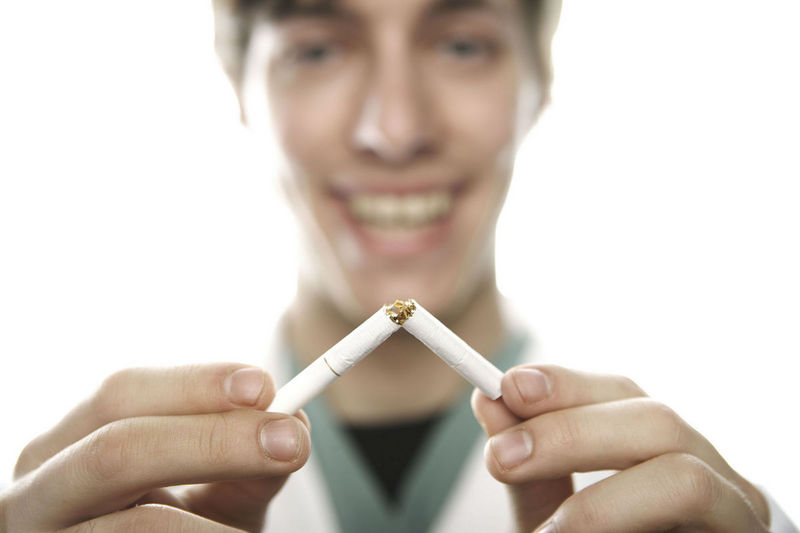 There are several general things one can do to overcome addiction in general. Here they are.
There are several general things one can do to overcome addiction in general. Here they are.
Face the Addiction
The first step in overcoming addiction is to admit that you’re addicted. Denial may seem like a protection, but it merely enables your addictive behavior to continue. The sooner you face the truth, the sooner you can break your addiction and regain a sense of control. Flower Essences can be helpful for the emotional aspect of facing addiction. A few flower essences to consider include:
- Black Cohosh is helpful for people who feel trapped and depressed. It is also useful for people who feel like they are wresting with darkness. It helps a person see their way clear to freeing themselves.
- Milkweed is a remedy for any kind of extreme dependency. It helps people who dull their consciouness through drugs, alcohol or overeating to escape self-awareness. It helps develop independence, awareness and self-reliance.
- Agrimony is for people who seek to hide their pain behind a mask of cheerfulness. It is for people who abuse drugs to hide their feelings.
- Chaparral is cleansing to the soul. It is useful for people who have accumulated psychic toxins from drug abuse and is especially helpful for people who have used LSD.
- Morning Glory is a good remdy to help anyone free themselves from addictive habits, especially stimulants.
- Nicotiana is the flower essence of tobacco and is specifically helpful for smoking, but is also helpful for addiction to any drug that numbs a person's sensitivity and hardens them.
Seek Outside Help
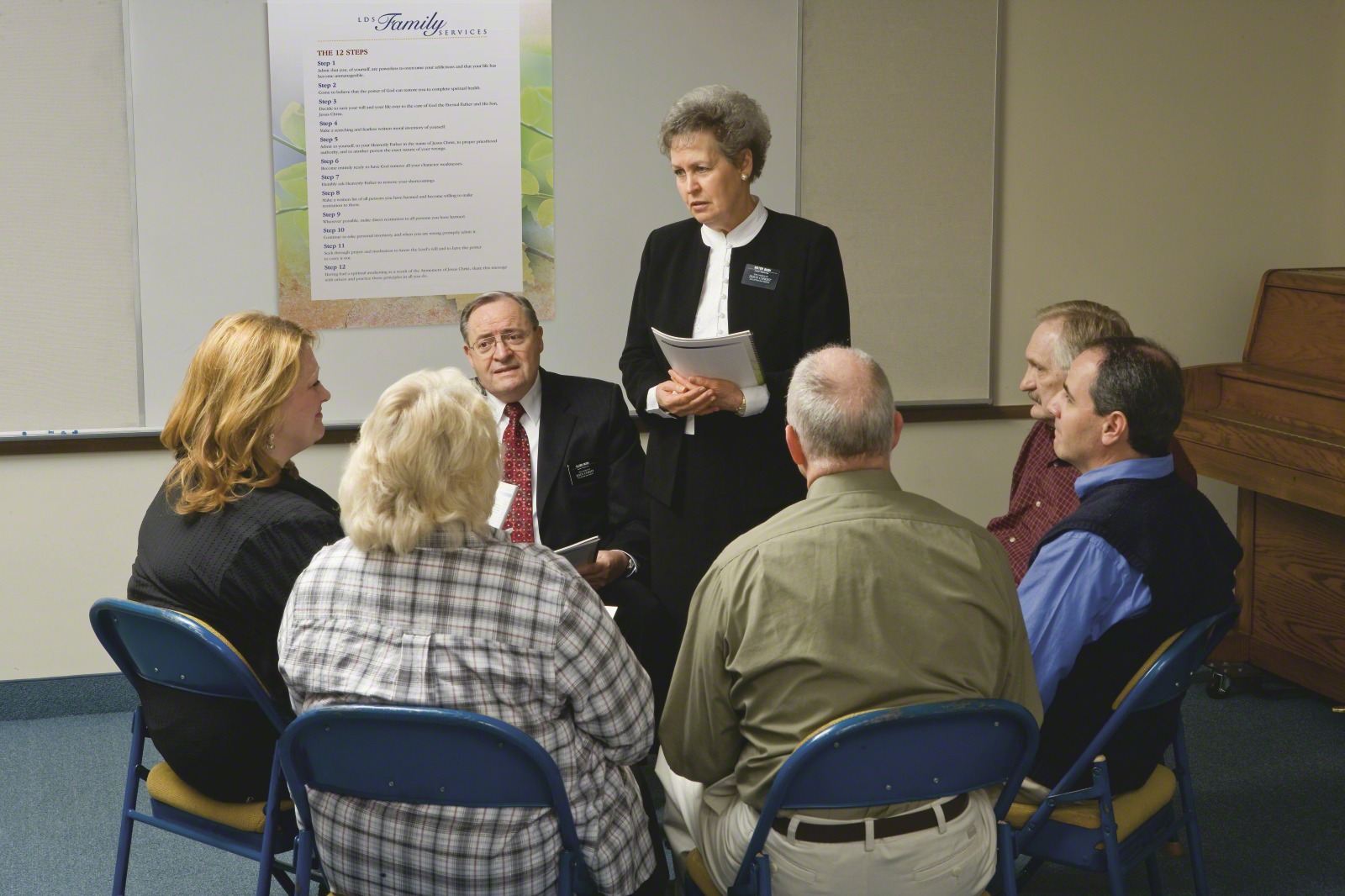 The second step in overcoming addiction is to seek outside help. One of the reasons Alcoholics Anonymous (AA) and other addiction recovery groups have proven helpful is that they provide a support system and a structure in which participants can be accountable to a power higher than themselves. Participation in a group guided by honesty, accountability, and reliance on a higher power can help you break your addiction and achieve a new level of personal freedom. Cognitive behavioral therapy and other healing modalities can also be helpful in overcoming addiction. Find the one that works for you.
The second step in overcoming addiction is to seek outside help. One of the reasons Alcoholics Anonymous (AA) and other addiction recovery groups have proven helpful is that they provide a support system and a structure in which participants can be accountable to a power higher than themselves. Participation in a group guided by honesty, accountability, and reliance on a higher power can help you break your addiction and achieve a new level of personal freedom. Cognitive behavioral therapy and other healing modalities can also be helpful in overcoming addiction. Find the one that works for you.
It is also a good idea to seek support from other people who have overcome the same addiction you want to overcome. Allow yourself to be accountable to them and to a spiritual advisor so you are not relying on your own willpower or suppressing inner struggles.
Improve Your Nutrition
 Third, since addiction is motivated by our desire to feel good, it’s important to recognize that there are healthier ways of feeling good. When we improve our overall health by eating a better diet and getting the nutrition we need, we feel good naturally and the need to use substances or self-defeating behaviors to try and find pleasure and joy diminishes.
Third, since addiction is motivated by our desire to feel good, it’s important to recognize that there are healthier ways of feeling good. When we improve our overall health by eating a better diet and getting the nutrition we need, we feel good naturally and the need to use substances or self-defeating behaviors to try and find pleasure and joy diminishes.
Many addictions are linked to blood sugar problems, so rather than eating refined carbohydrates (white sugar, white flour, white rice, corn syrup) eat complex carbohydrates like fresh vegetables, whole fruits and a moderate amount of whole grains instead. Make sure you get adequate intake of protein, especially for breakfast.
It also helps to do an “oil change.” This means to stop using margarine, shortening and refined vegetable oils in favor of organic (preferably grass-fed) butter, olive oil, coconut oil, nuts, seeds and avocados. It also helps to take fatty acid supplements like DHA (the most important fatty acid for the brain), Krill oil and Omega-3’s from fish oil supplements. Also consider supplementing with vitamin D3, especially during the wintertime.
Detoxify Your Body
Finally, cleansing the body is a great way to begin breaking free of addiction—especially if you are going through withdrawal. Start by getting well hydrated. Drinking a half-ounce of water per pound of body weight daily not only flushes toxins from the system, it also tends to create a natural release of neurotransmitters that help us feel good.
A good general cleanse with a general blood and liver-cleansing formula will also help the body flush the toxins created by the addictive substance out of the system.
Tips for Specific Addictions
Besides the general suggestions above, here are some suggestions for working with specific addictions. When I refer to specific categories of formulas, you can find specific products that fit this category in our Modern Herbal Medicine book.
Caffeine
Caffeine is a highly addictive drug, yet most adults use it nearly every day and freely offer it in various forms to their children. Caffeine stimulates epinephrine in the nervous system, which temporarily boosts a state of energy and alertness. Contrary to popular belief, however, caffeine does not increase energy production in the body. Instead, it tricks the body into using up its energy reserves.
The more a person uses coffee, tea, cola drinks and “energy” drinks, the more depleted their body’s energy reserves become. The adrenal glands weaken, resulting in fatigue, anxiety, nervousness, insomnia and other nervous symptoms. Caffeine constricts arteries, raising blood pressure, and being a diuretic it also tends to be dehydrating. In short, caffeine is not the innocent substance many people think it is.
To overcome caffeine addiction one needs to actually increase energy production. Supplements that strengthen the adrenals such as Glandular Tonics and Adaptogen Formulas can be very helpful. These same products can also help with sugar addiction, which is often related to caffeine addiction. If you need a pick-me-up, try using a well-formulated Energy Boosting Formula. These supplements actually increase energy production, thus building better stamina and endurance.
To be sure, there are many good Herbal Coffee Substitutes out there. Many people start by blending coffee and their selected herbal drink, then gradually increase the amount of good herbs in the blend while reducing the amount of coffee.
Alcohol
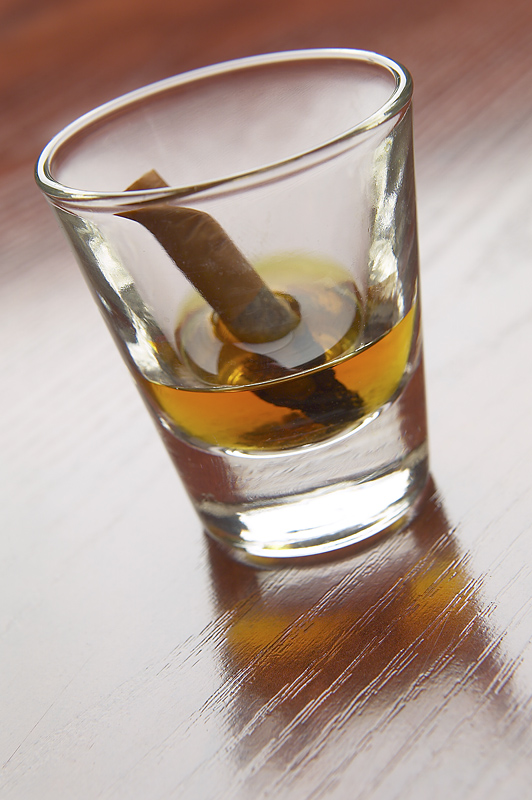 While a moderate amount of alcohol (such as a glass of wine with a meal) doesn’t seem to cause serious health problems, excessive alcohol consumption does. Over-consumption of alcohol damages the liver and brain, destroys relationships, causes traffic accidents, etc.
While a moderate amount of alcohol (such as a glass of wine with a meal) doesn’t seem to cause serious health problems, excessive alcohol consumption does. Over-consumption of alcohol damages the liver and brain, destroys relationships, causes traffic accidents, etc.
If you are trying to break an addiction to alcohol, you should know that alcohol is converted to sugar in the bloodstream. Thus, it acts very much like a refined carbohydrate. Alcohol is also dehydrating. In fact, most of the effects of a “hangover” are due to low blood sugar and dehydration. So, the first steps to naturally losing the cravings for alcohol are to get properly hydrated and to regulate blood sugar levels. Try drinking two glasses of water every time you want to drink alcohol and taking supplements that regulate blood sugar levels such as a Hypoglycemic Formula and licorice root.
An Anti-Alcoholic Formula containing kudzu can be a great aid to the recovering alcoholic. Kudzu is a vine common to the southern states with a remarkable ability to reduce high blood pressure, relieve pain, and relieve cramps. Studies have shown that it also helps control cravings for alcohol.
Beer is the most commonly consumed alcoholic beverage. Hops, which is used to make beer, can be taken to reduce cravings for beer, as it provides a similar relaxing effect without the negative problems associated with alcohol.
Since the liver has to work overtime to neutralize alcohol in the blood, excessive consumption of alcohol damages the liver. Milk thistle can be especially helpful in protecting the liver from alcohol’s toxicity and in helping the liver to heal. When alcohol has severely damaged the liver, an Hepatoprotective or Liver Tonic formula containing milk thistle and/or schizandra will be helpful, along with SAM-e . It can also help to apply helichrysum essential oil, diluted with a carrier oil, over the liver area.
Tobacco
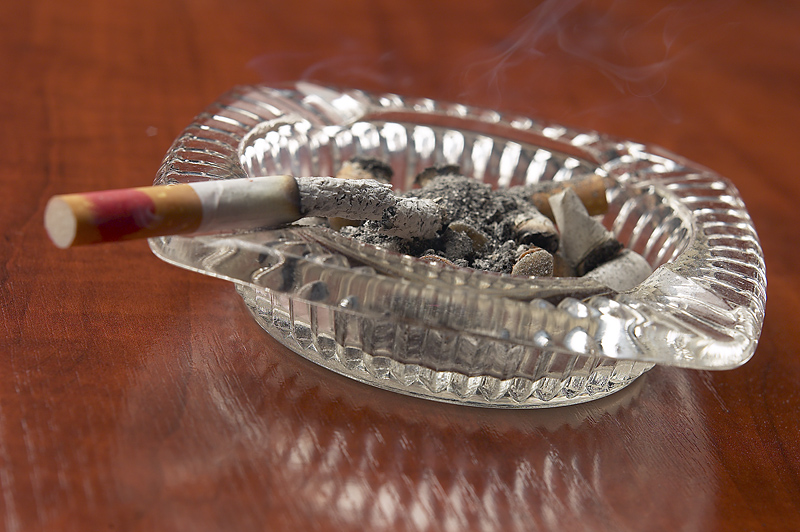 Nicotine, the addictive substance in tobacco, is one of the most addictive substances known. It is an alkaloid that attaches to receptor sites in the sympathetic nervous system, mimicking epinephrine, thus having a similar effect on the body to caffeine and other stimulants. This is why smoking tends to increase the risk of high blood pressure and heart disease.
Nicotine, the addictive substance in tobacco, is one of the most addictive substances known. It is an alkaloid that attaches to receptor sites in the sympathetic nervous system, mimicking epinephrine, thus having a similar effect on the body to caffeine and other stimulants. This is why smoking tends to increase the risk of high blood pressure and heart disease.
The herb lobelia contains lobeline, an alkaloid with a similar structure that attaches to these sites and blocks them. The difference is that lobeline relaxes the nerves, while nicotine stimulates them. Using lobelia can help reduce the craving for nicotine while lessening withdrawal symptoms.
Smokers generally need to build up their depleted nerves and adrenal glands. Smoking also depletes vitamin C levels. B-complex vitamins and vitamin C together with Nervine Formulas and Adaptogen Formulas can all be helpful when trying to quit smoking. St. John’s wort and chamomile have also proven helpful for some people.
Where smoking has damaged the lungs, a Lung and Respiratory Tonic can help promote healing. This kind of formula is good for dry and weak lungs. Cigarettes contain heavy metals, so also consider doing a colon cleanse while taking a Heavy Metal Cleansing Formula.
Drugs
 In discussing drug addiction we’re talking about both illegal (meth, rave, crystal, cocaine, etc.) and prescription drugs (pain killers or barbiturates), which can also be addictive. Of course, professional assistance should be sought with drug addiction, but there are natural remedies that can help, too. Specifically, withdrawal from drug addiction requires detoxification and nutritional support for the nervous and glandular systems.
In discussing drug addiction we’re talking about both illegal (meth, rave, crystal, cocaine, etc.) and prescription drugs (pain killers or barbiturates), which can also be addictive. Of course, professional assistance should be sought with drug addiction, but there are natural remedies that can help, too. Specifically, withdrawal from drug addiction requires detoxification and nutritional support for the nervous and glandular systems.
Drugs of all kinds place a heavy burden on the detoxification systems of the liver. So a person trying to get off drugs should support the liver with formulas like an Hepatoprotective Liver Tonic with Milk Thistle and a General Detoxifying Formula. It is also important to drink plenty of pure water to help flush the toxic drugs from the system.
Support for the nervous system depends on the type of drugs one is addicted to. If stimulants are the problem, then naturally increasing energy with an Energy-Boosting Formula and supporting the adrenals with an Adrenal Tonic or an Adaptogen Formula will be very helpful.
Overcoming an addiction to tranquilizers can be aided by herbs that also provide a relaxing effect, such as a Relaxing Nervine Formula or Sleep Formula, valerian or kava kava.
For addiction to pain killers, try a milder analgesic, such as an Herbal Analgesic Formula or an Anti-Inflammatory Formula. The rule of thumb here is that if you can find a milder herb with a more natural effect, you can use it as a substitute for the drug and ease withdrawal.
Behavioral Addiction
 Increasingly, the term addiction is being applied to compulsive behaviors that are not substance-related. These include overeating, texting, shopping, gambling, viewing pornography, self-pleasuring, video and computer gaming. When a behavior manifests itself as a recurring compulsion to engage in a certain activity despite harmful consequences to one’s health, mental state or social life, it is addictive.
Increasingly, the term addiction is being applied to compulsive behaviors that are not substance-related. These include overeating, texting, shopping, gambling, viewing pornography, self-pleasuring, video and computer gaming. When a behavior manifests itself as a recurring compulsion to engage in a certain activity despite harmful consequences to one’s health, mental state or social life, it is addictive.
In this kind of addiction, it is the behavior that triggers the release of pleasure chemicals in the brain rather than a substance. Here again, the motivating force is the desire to feel good. One of the problems associated with behavioral addiction is that as the pleasure center of the brain becomes the dominant “hub” of brain activity, other areas of the brain begin to atrophy. This leads to intellectual and emotional imbalance, relationship problems, irrational or even criminal behavior.
Behavioral addictions are best broken through a combination of professional counseling, group participation and support, spiritual fulfillment, and creating a more healthy lifestyle. We naturally feel good when we are living a balanced life that includes good nutrition, adequate rest, exercise, and satisfying work. Choosing an appropriate flower essence, such as Basil or black cohosh, can help with behavioral addictions. Flower Essence Therapy can help a person get in touch with the hidden emotional wounds that may be driving the addiction. It also promotes greater self-awareness and self-control.
Conclusion
Addiction is a very human tendency that no one should feel ashamed of. At the same time, we should not let addictions destroy our quality of life and the relationships we hold dear. The sooner we get help, the sooner we can enjoy greater personal freedom, mutually rewarding relationships, and a deeply fulfilling and balanced life.


